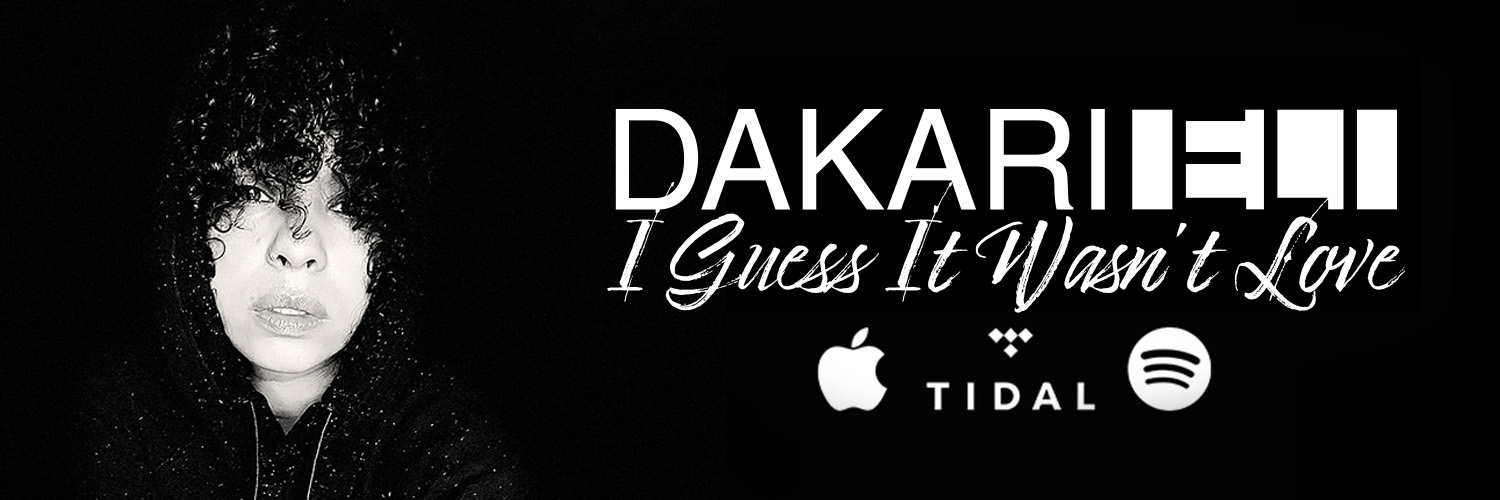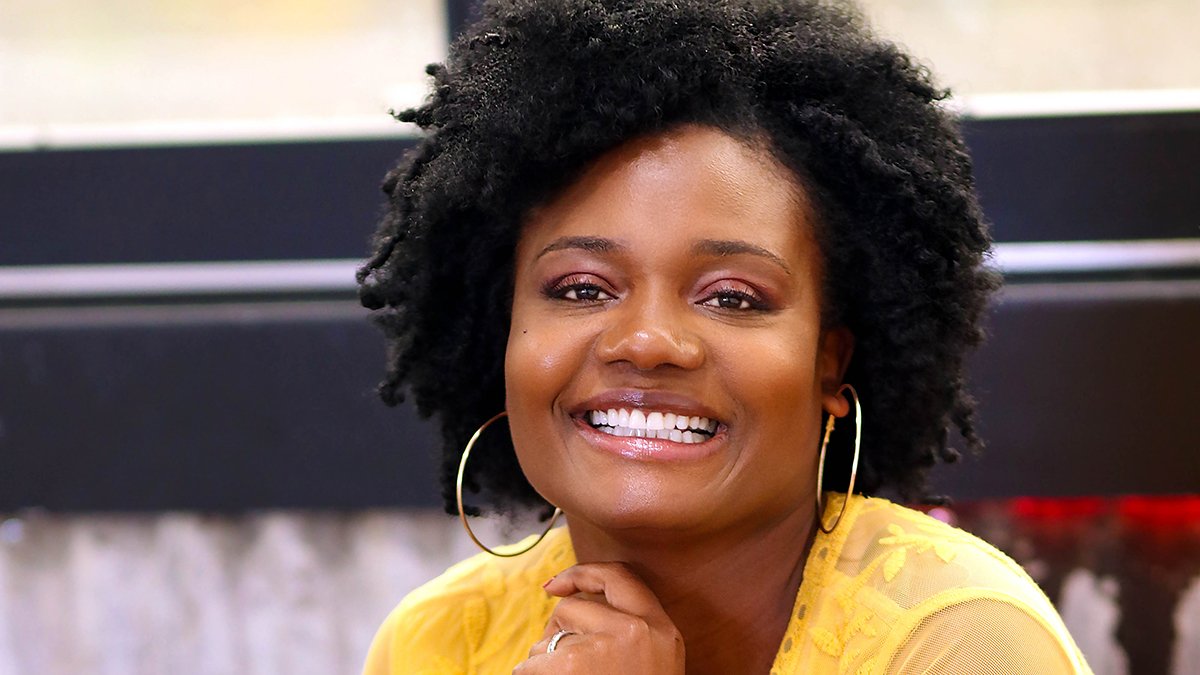Kesha Ajose-Fisher has travelled the globe and uses those experiences in her literary works to not only empower women, but make the world a better place, one book at a time.
At what point did you decide to make the commitment to making positive changes including working towards social justice?
Having been essentially responsible for my own survival since I was a teen, I sadly heard the world’s message that there was no cavalry headed my way. I was faced with the vacillation between luck and calamity to carry me forward, ultimately ending in the kind of poverty that led me to call the back of a restaurant home years before I could even call myself an adult. When you leave a child to fend for itself in the world, it will make decisions as a child would, and I found myself with two children by the time I was 20. At 22, I started working at a group home in Oakland California, and found other children in similar situations as the one I had been raised in. My voice no longer shook in the presence of fear, and it led me into rooms where I felt comfortable advocating for the little brown and black children who I knew deserved someone strong on their side.
In what ways should media act to create a better world for us all?
The media has the responsibility of separating fact from fiction before feeding it to us. As consumers, however, we are also responsible for researching what we absorb and allow into our lives. Sensationalism draws attention, yes, and bodies, and money, but I think the reason the world feels as volatile as it does is because we tend to, as is natural, stick with those who believe as we do. The repair work will have to be done in shrinking the enormous rift that separated us in the first place, and that, with no pun intended, is no small feat.
Your book. No God Like Mother, contains nine fictional stories. How did you decide which stories were fitting towards your overall goal as far as messaging?
I started with a beginning we all have in common, our mothers. No life begins without blood, sweat and tears, and that was my second goal, to be as brutally honest as possible about what it takes to be female in this world, and the trauma that many of us carry into adulthood and the work of raising children. In my book, I wanted to share the many versions of motherhood as it had touched my life while paying tribute to survivors of trauma even when we have not thoroughly healed.
Was it difficult to choose fictional stories as opposed to nonfictional biographies?
I think fiction is truth dressed as lies and even though these stories are made up, they come from experiences that are real for too many of us. I said that I started the book with honesty which means I began with the heart—the first organ that forms inside the womb when we are being grown— and I fed the reader moments from other people’s lives, people they might never encounter, and then I hoped compassion would follow. I am a firm believer that you cannot place yourself in someone else’s shoes without taking a part of them with you, and I am pleased to find that others are choosing to find understanding and seeing the humanity behind the difficult topics discussed in this book.
You advocate on behalf of immigrants and refugees. Why is this work so important to you and the world as a whole?
My mother left Chicago for Nigeria when she was seventeen. When she returned to Texas with four children nearly two decades later, her only options for employment involved polyester uniforms, paper hats, and plastic badges beside coworkers who attended the same high school as her children. It was the look on the woman’s face at the welfare office that changed the way I chose to interact with all people. The woman had scoffed at the twenty-year absence of American work experience from my mother’s repertoire as if the rest of the world did not exist, as if outside experiences were null. So, I promised myself that no person would ever feel that way for needing my help. I got a job working with immigrants and refugees as a Resource Specialist. With each family, I saw the same thing in their eyes: shame for needing help, and hope that I would give it without judgment.
What are your thoughts on nationalism and the way it impacts the less fortunate on a global level?
If by nationalism you mean breaking away into separate corners of the world, I’m not sure that is helpful to anyone. If you mean identifying with one’s country and support for its interests, yes, I am all for it, with a slight caveat. I think that we are struggling to realize that we are part of a greater global community. As this pandemic has shown us, we are better for each other and the world when we start seeing ourselves with oneness. We share air, water and of course, diseases, and I find it detrimental to each person’s life and humanity that we have not yet come to grips with this reality.
How did being raised in Africa affect your global view?
Living in Africa with an American mother, I was often reminded that we were different as the locals labeled us akata. When we returned to America, I quickly discovered I did not belong to any group here either—particularly, or most dispiritingly so from those who looked like me—they called us African booty scratchers. I credit my mother for introducing us to the many faces of the world by the sense of responsibility to society she raised us with. Along with the friendships she fostered in the Nigerian-American community, she introduced us to other transplants from Canada, Russia, Germany, India, and Korea, and that exposure helped shape my worldview and I believe, the way I choose to tell stories.
You have achieved great success with your book, what is next on your agenda?
I am so grateful to the hearts and minds that have opened to my storytelling in No God Like the Mother. Winning the Oregon Book Award with my debut project by telling stories about the African woman’s experience and motherhood has allowed me to feel hopeful for the future. I am working on my next novel about my American Mother’s return to Africa as the first in her family since the slave trade.
BE’N ORIGINAL






